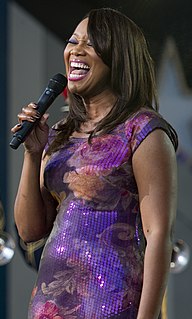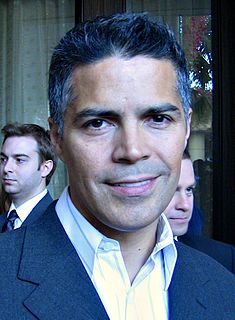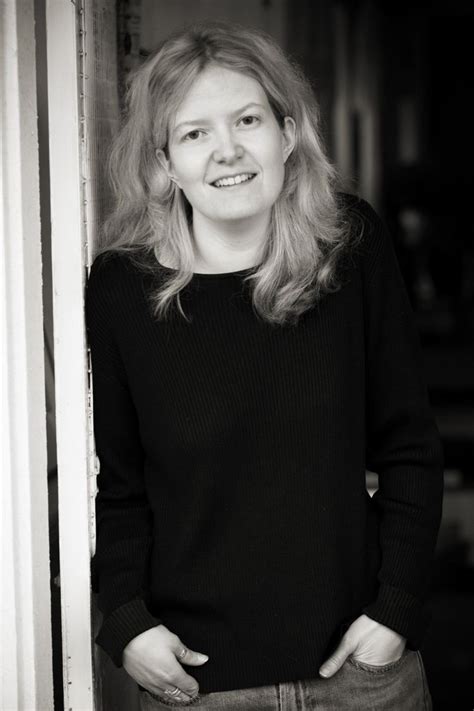A Quote by Malachi Kirby
I don't think I've ever spoken to anyone who's told me that the story of 'Roots' isn't important.
Related Quotes
In White Boy Shuffle, I combined my seventh-grade teacher, Mr. Takemoto, who really saved me - I don't think I've ever told anyone this - and my first basketball coach, Mr. Shimizu, into one character. Something about the way they talked about things, and their attitudes, had a huge impact on me. Not that I necessarily agreed with them. It was important to me to just put them there to stay grounded.
Alan Turing is so important to me and to the world, and his story is so important to be told, so it was a big thing to take up, and I was a little petrified. Like, who am I to write the Alan Turing story? He's one of the great geniuses of the 20th century - who was horribly persecuted for being gay - and I'm a kid from Chicago.
So often with beginning writers, the story that they want to start with is the most important story of their life - my molestation, my this, my horrible drug addiction - they want to tell that most important story, and they don't have the skills to tell it yet, so it ends up becoming a comedy. A powerful story told poorly becomes funny, it just makes people laugh behind their hands.
I want you to know who I am: what the streets taste like, feel like, smell like. What the cops talk like, walk like, think like. What crackheads do - I wanted you to smell it, feel it. It was important to me that I told the story that way because I thought that it wouldn't be told if I didn't tell it.
I honestly would tell anyone young to start looking at stories and learning story, because I think that’s the next step after people go, ‘OK, I’ve had enough of that improvisation, I’ve had enough of those short comedy bits. Tell me a story, tell me a more complex story, something that lasts and maybe has a little more meaning to it.’ Don’t ever look at what’s happening now; look at what’s coming next.




































